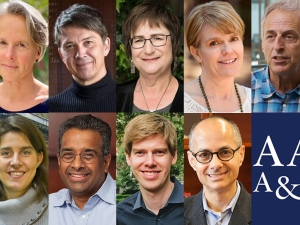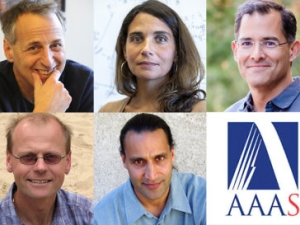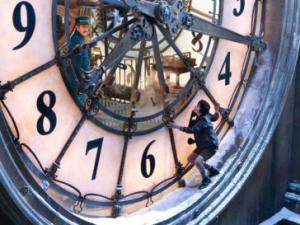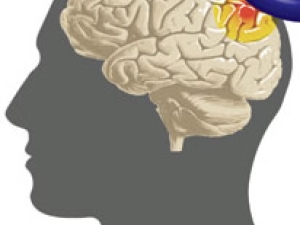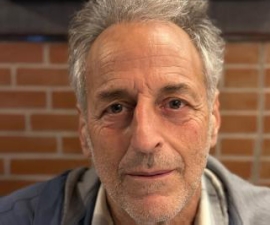

Research Bio
Richard Ivry is a professor in the Department of Psychology and the Helen Wills Neuroscience Institute. The Ivry Lab's research focuses on the cognitive neuroscience of action and skilled movement. They conduct experiments involving neurologically healthy and impaired individuals, using a range of methods to develop psychological models of how people produce and learn movements. They use neuroscientific methods to develop these models and characterize the functional role of different parts of the motor pathways. Current techniques include study of neurological patients including patients with Parkinson's disease, focal lesions of the basal ganglia and cerebellum, and split-brain patients, functional MRI, and transcranial magnetic stimulation. We also have a virtual reality system to study movements in artificial worlds.
A primary area of study is the relationship of cognition and action. There are many factors that determine why some individuals are coordinated and others are not. Some of these factors may be related to individual differences in biomechanical factors. On the other hand, many relate to differences that arise at more abstract levels of processing associated with action planning. Their work is designed to understand these various factors by studying brain function in healthy individuals and people with damage to different parts of the nervous system.
Another primary area of research involves the study of motor control and motor learning. They have conducted behavioral and neuroimaging studies comparing explicit and implicit motor sequence learning. This work suggests separable psychological and neural systems associated with these two forms of motor learning. Their current work is designed to clarify differences between the systems in terms of how they represent learned associations. They are now extending these ideas to other types of motor learning, focusing on how the principles that operate in learning skilled movements is similar and different to non-motor forms of learning.
Ivry is also interested in how responses are selected. One critical issue here is whether there is a central control system that evaluates all possible responses and chooses the one that is most appropriate given the current context. Or, the selection process may be a more distributed process involving local competitions between alternative actions. His lab's research on this problem involves behavioral and neuroimaging studies with healthy individuals, as well as neuropsychological studies with various groups including split-brain patients. This latter group allows them to observe response selection when the major pathway between the two hemispheres has been severed.
Research Expertise and Interest
cognitive neuroscience, behavior, cognition, brain, attention, coordination, psychology, motor and perceptual processes in normal and neurologically impaired populations, temporal processing, executive control
In the News
Nine Faculty Members Elected to American Academy of Arts & Sciences
Five Berkeley faculty members elected fellows of the AAAS
To predict the future, the brain has two clocks
Right or left? Brain stimulation can change the hand you favor
Each time we perform a simple task, like pushing an elevator button or reaching for a cup of coffee, the brain races to decide whether the left or right hand will do the job. But the left hand is more likely to win if a certain region of the brain receives magnetic stimulation, according to new research from UC Berkeley.
Featured in the Media
In a landmark study of how the brain predicts the future in anticipation of actions that require precise timing, a team of researchers in Berkeley's Cognition and Action Laboratory has found that two specific regions of the brain -- the cerebellum and the basal ganglia -- make the necessary calculations. "Together, these brain systems allow us to not just exist in the moment, but to also actively anticipate the future," says psychology and neuroscience professor Richard Ivry, the lab's director and the study's senior author. Lead author Assaf Breska, a postodoctoral researcher in Professor Ivry's lab, adds: "Whether it's sports, music, speech or even allocating attention, our study suggests that timing is not a unified process, but that there are two distinct ways in which we make temporal predictions and these depend on different parts of the brain." For more on this, see our press release at Berkeley News. Other stories on this topic appeared in more than a dozen sources around the world, including the Daily Mail (UK), Silicon Republic, Indy 100, Inquirer.net, Earth.com, Daily Galaxy, and Jakarta Post.

